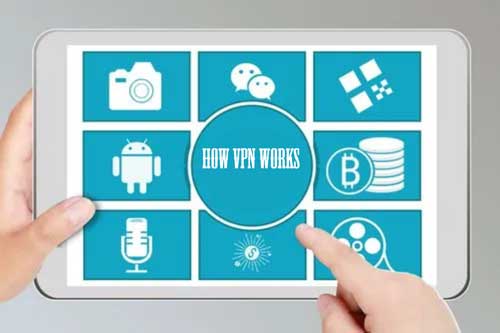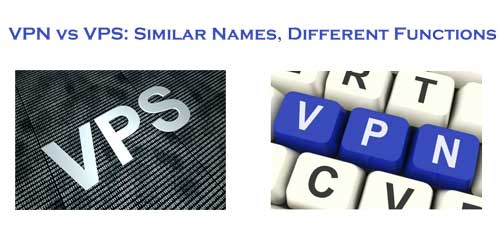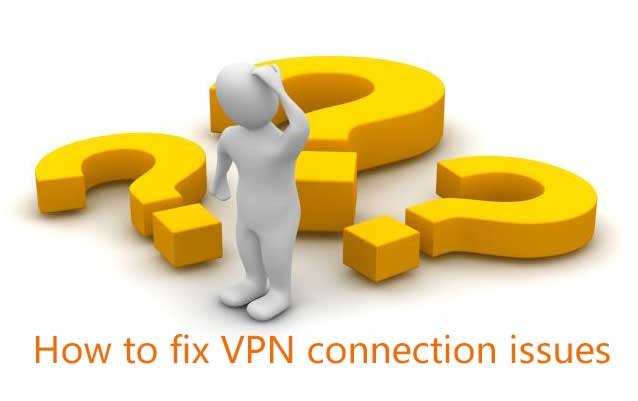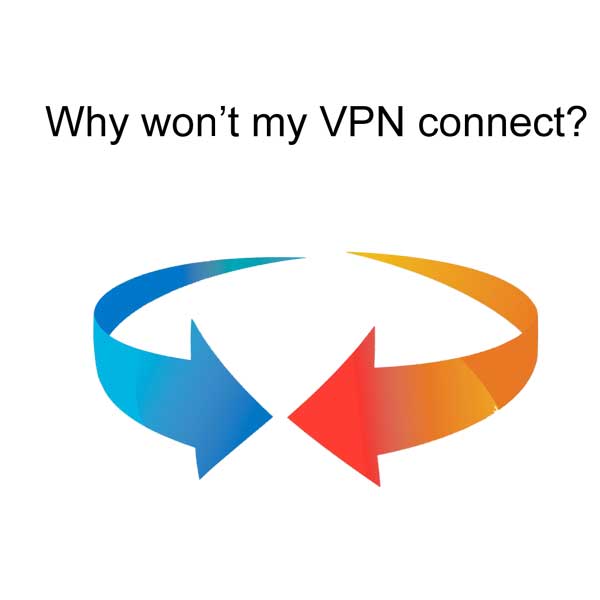There are many possible reasons you may want to use a VPN service. They can help users mask their origin IP addresses, prevent trackers from working, allow geo-location spoofing, and bypass web censorship.
The benefits of a VPN are mostly around privacy, but there are other perks.
Your internet traffic is guarded against interception. Unencrypted data is viewable by anyone with network access and a desire to see it. With a VPN, hackers and cybercriminals cannot eavesdrop. They need an ‘encryption key’ to make sense of it, and brute force attacks would take billions of years for a computer to discover the code. With cybercriminals blocked out, your activity is hidden with confidence, even on public networks.
Location privacy is a result of the VPN servers standing in as your representative on the internet. Since the location demographic data comes from the server in another country, your actual location is impossible to discover. Most VPN services do not store logs of your activity on their service. So, any potential record of your use is permanently hidden.
Region-restricted web content is unlocked for your access from anywhere. Services and websites sometimes have content only accessible from certain parts of the world. Default connections use local servers in-country to determine your location. This means you cannot access home content if traveling, and you cannot access international content while at home. VPN location spoofing allows you to server-switching to other countries, effectively “changing” your location.
Corporate data breaches are less of a risk during remote working. When you are doing work away from your company’s internal network, you may need to access important information. These files need a secure connection for company safety, and many organizations will not allow you to access the data without it. VPN services connect to private servers and use encryption methods to lockdown any risks of data leaks.
Some possible scenarios include:
Private Browsing – Websites today often track their users. Some companies like Google and Facebook go exceptionally far to collect data from their users. This can be extremely intrusive, and configuring those services to avoid data collection can be very difficult. VPNs can help by masking your devices and locations, along with blocking data trackers.
Accessing Netflix Content from Other Regions – Streaming services like netflix often restrict content based on geographic locations. By using a VPN, you can avoid these blocks and access more content than would usually be possible.
Bypassing ISP censorship – Governments of different countries typically have different policies on web content access. Some more totalitarian authorities may block excessive amounts of content. Using a VPN can usually help bypass these blocks.
Avoid Location Tracking – Thanks to IP masking, encryption, secure servers, and other technologies, it can be very difficult to trace VPN users. This can be useful if users believe they may be in danger online, for example.
Stopping Price Discrimination – Some websites track your activities and present different prices based on your browsing profile. Using VPNs can avoid this and get you unbiased offers when you’re shopping – for instance, buying airline tickets online.
Use Public WiFi Safely – Using public or free WiFi connections such as those offered in cafes can be very dangerous. These are often unprotected and very vulnerable to hackers. Using a VPN while connected to public WiFi can safeguard your data to a high degree.








